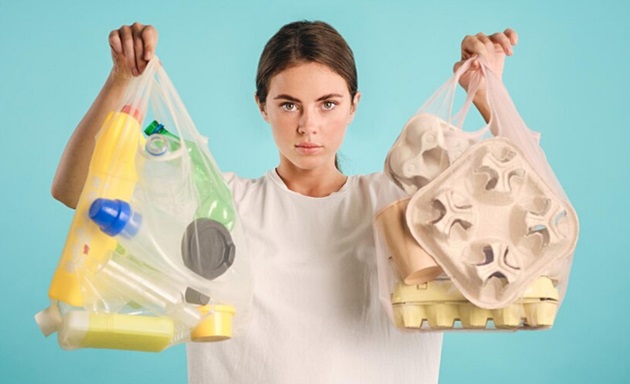1131

Romanians in 2025: Sustainability Must Be Tangible, Personal, and Beneficial
Reveal Marketing Research, in collaboration with Kaufland Romania and PRO TV, has released the 4th edition of the National Sustainability Barometer, capturing Romanian consumers’ evolving perceptions and behaviors regarding sustainability between 2022 and 2025.
🌱 Sustainability Means Responsible Resource Use and Health
- In 2025, Romanians primarily associate sustainability with responsible use of resources (29%) and recycling (24%).
- The environmental protection aspect of sustainability has regained top-of-mind status, rising to 20% spontaneous association, up from 14% in 2024.
- The term “sustainability” is increasingly understood through a personal lens: 72% believe individual actions matter most, while also acknowledging the role of companies (68%) and governments (66%).
🧠 A Shift to Immediate Personal Benefits
In 2025, Romanian consumers demand tangible and immediate value from sustainable products:
- 80% prioritize health benefits (up from 56% in 2024),
- 78% want products that efficiently meet their needs (up from 36% in 2024).
By contrast, priorities such as local origin (62%) and corporate environmental commitment (59%) have declined from 2024 levels.
🛒 BIO Products: Aspirational but Expensive
- BIO products are increasingly seen as:
- Healthy (71%, up from 66%),
- Environmentally friendly (67%, up from 62%),
- Higher quality (60%, up from 54%).
However, only 33% consider BIO prices affordable. Still, 53% buy BIO weekly, especially Gen Z consumers (62%) and single adults (60%).
- Main purchase drivers:
- Health (66%)
- Family/kids’ safety (42%)
- Better taste (37%)
🧃 Packaging Preferences and Green Signals
- 62% of Romanians value ecological labeling (recyclable, biodegradable, reusable).
- 89% say eco-friendly packaging enhances product quality and sustainability.
- Top-rated sustainable packaging:
- Recycled paper (47%)
- Recyclable plastic (46%)
- Glass (32%)
💸 Price Still a Barrier to Change
- 47% cite high costs as the main barrier to sustainable consumption.
- 46% are skeptical about the true sustainability of marketed products.
- Willingness to pay more:
- 41%: up to 10% more,
- 18%: 11–20% more.
💡 Innovation Gains Traction as a Sustainability Driver
- 64% now view technological innovation as a key enabler (up from 47% in 2024).
- Desired corporate actions:
- Eco-friendlier technologies (40%)
- Launch of sustainable products (39%)
- Support for green innovation (37%)
🔄 Sector Insights: Energy, Food, and Retail Lead
Sectors perceived as most active in sustainability:
- Energy (37%)
- Food & Beverage (37%)
- Retail (25%)
Less engaged sectors:
- Residential construction (8%)
- Telecom (7%)
- Banking/Finance (6%)
🔁 Circular Habits Are Becoming the Norm
- 76% separate recyclable waste.
- 75% use reusable bags.
- 65% choose recyclable packaging.
Still, only 10% report recent exposure to sustainability campaigns, while 73% claim they have consumed sustainable products in the past year.
📉 From Abstract Ideal to Practical Choice
Between 2022 and 2025, Romanian attitudes toward sustainability evolved from abstract ideals to pragmatic, health-first decision-making.
"In 2025, sustainability is no longer just a global trend or a moral imperative—it’s an expectation for direct and personal benefit. Consumers want sustainable products that are healthier and more effective,” says Marius Luican, CEO, Reveal Marketing Research.
(Photo: Freepik)





